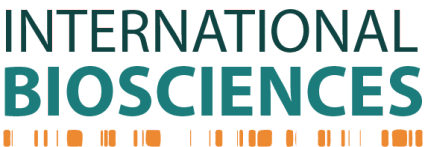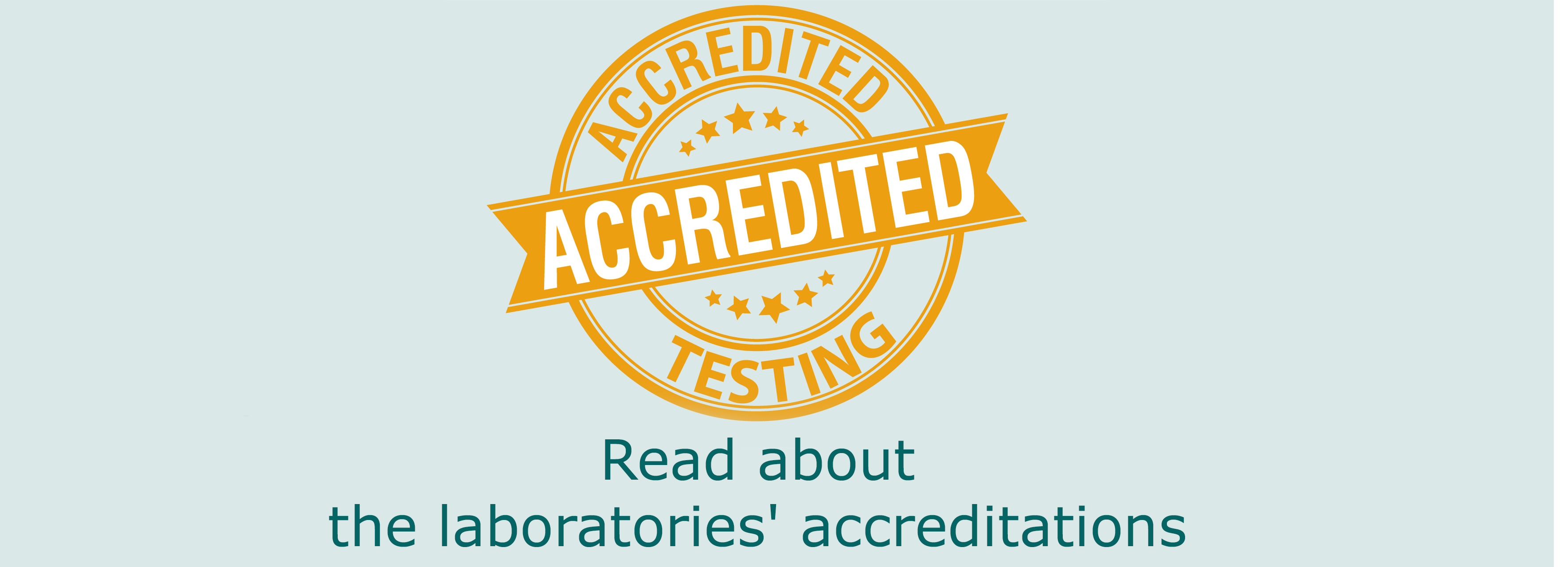DNA Testing for Type 1 Diabetes
Type 1 Diabetes is the least common version of the condition, affecting around 5% of the 2.3 million people with diabetes in the UK. Often developing in people before the age of 40, type 1 diabetes occurs when the body fails to produce any insulin, which is a hormone that regulates the level of glucose found in the blood. Type 1 diabetes will produce many of the same symptoms as experienced by sufferers of type 2 diabetes, which includes excessive thirst, fatigue, weight loss and increased or more frequent urination. Other symptoms of type 1 diabetes tend to develop more rapidly than those of type 2 diabetes; for instance, blurred vision, constipation, skin infections and genital thrush often take just a matter of days or weeks to become noticeable. Hyperglycaemia (high blood glucose levels) and hypoglycaemia (low blood glucose levels) can occur with either form of diabetes and both can be extremely dangerous if left untreated.
Genetic predisposition DNA testing for type 1 diabetes is essential if more effective forms of diagnosis and treatment are to be discovered. Whilst there is also some hope that DNA testing type 1 diabetes will lead to a potential cure or preventative treatment of the condition, its primary role is to identify those most at risk of developing the condition. Research has found that a genetic predisposition to type 1 diabetes exists but the precise mechanisms are yet to be fully understood. It is commonly thought that type 1 diabetes has genetic markers that remain dormant until triggered by some environmental factor.
For support and more information about type 1 diabetes, please visit the American Diabetes Association® website.
Speak To International Biosciences About DNA Testing Genetic Predisposition for Type 1 Diabetes
International Biosciences provide Genetic Predisposition testing to determine your genetic predisposition for important health conditions including cancers, cardiovascular conditions, diabetes and obesity. Knowing which genetic disorders and diseases you are at risk from will allow you to plan to reduce it by making lifestyle changes such as diet and exercise. Contact International Biosciences on 1-800-837-1725 or click here to email us.
International Biosciences does not provide medical advice, diagnosis or treatment. You should consult your doctor or health professional if you have questions regarding any medical condition, before starting any new treatment, and before stopping any treatment that has been prescribed for you. Your use of this site indicates your agreement to be bound by the Genetic Predisposition Terms & Conditions, General Terms & Conditions and Terms of Use.




